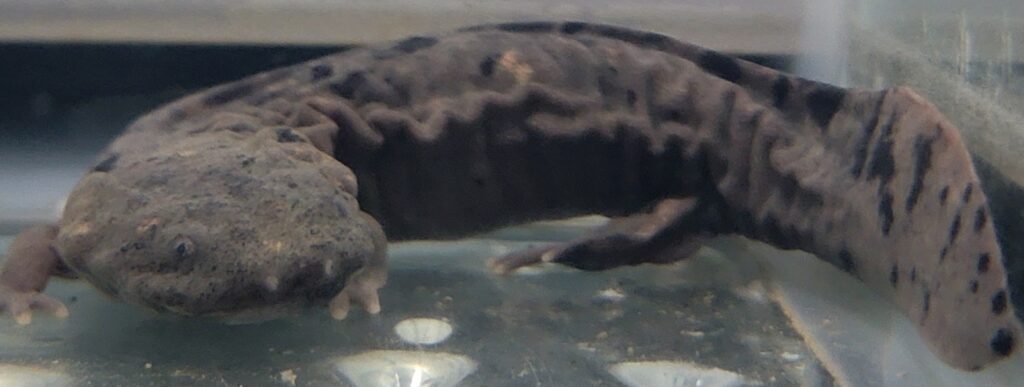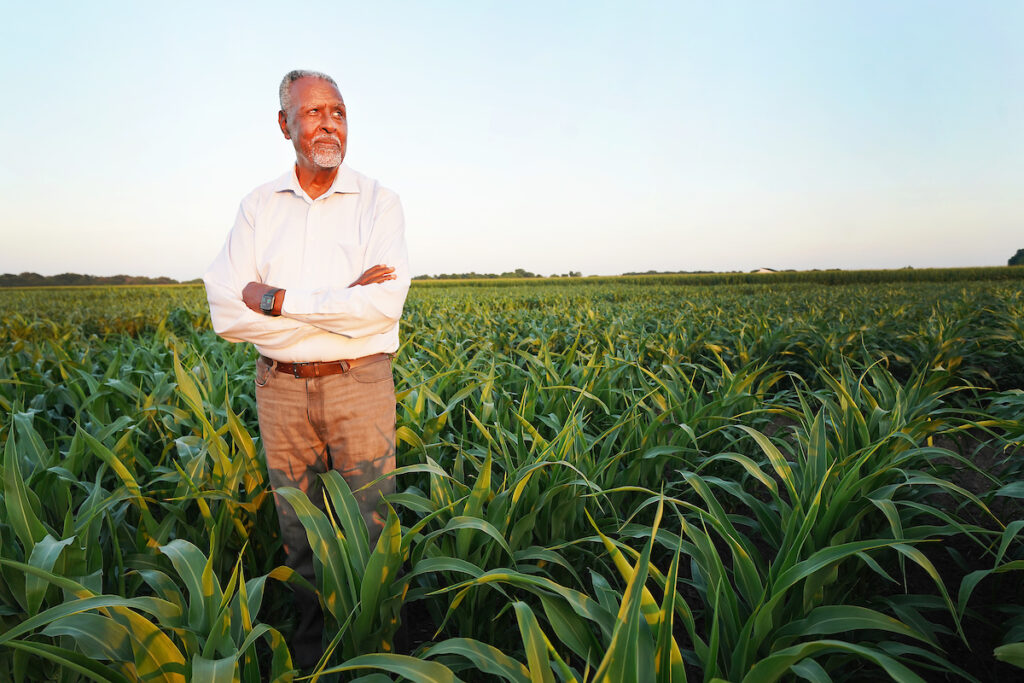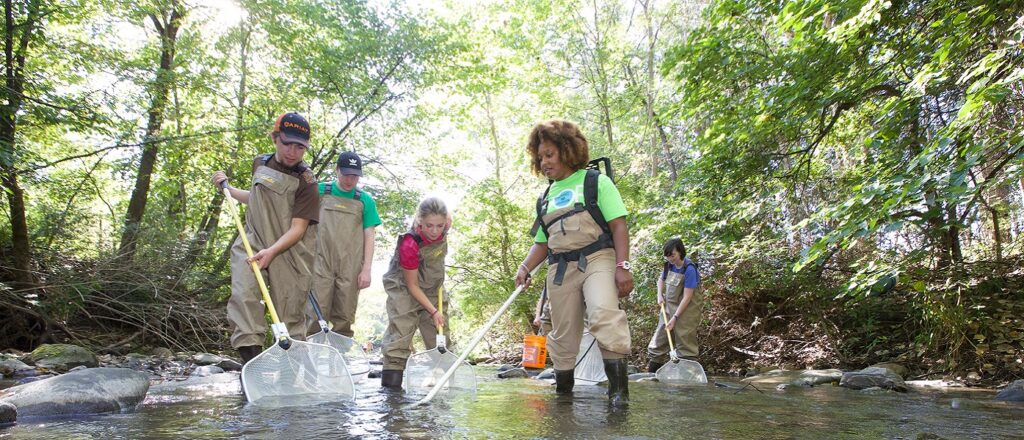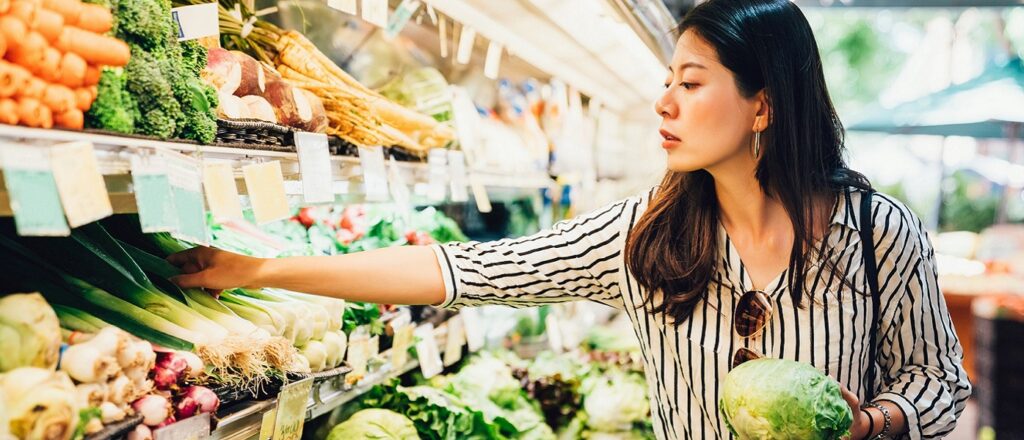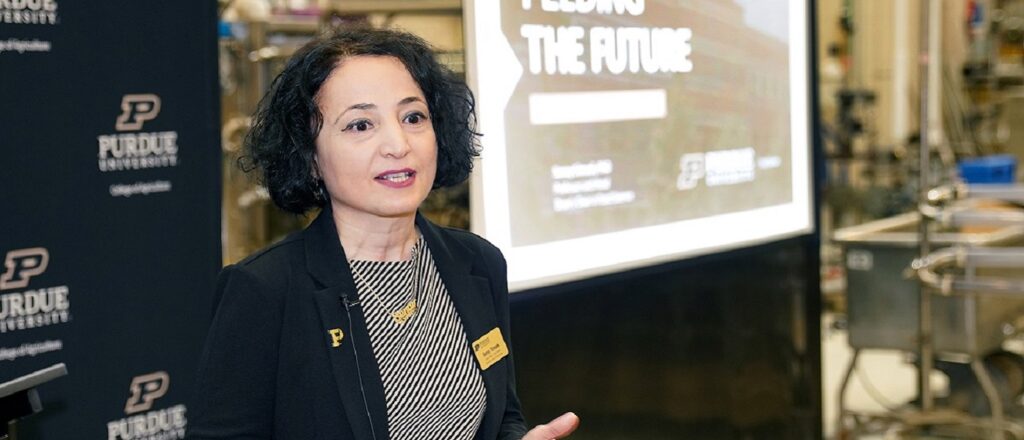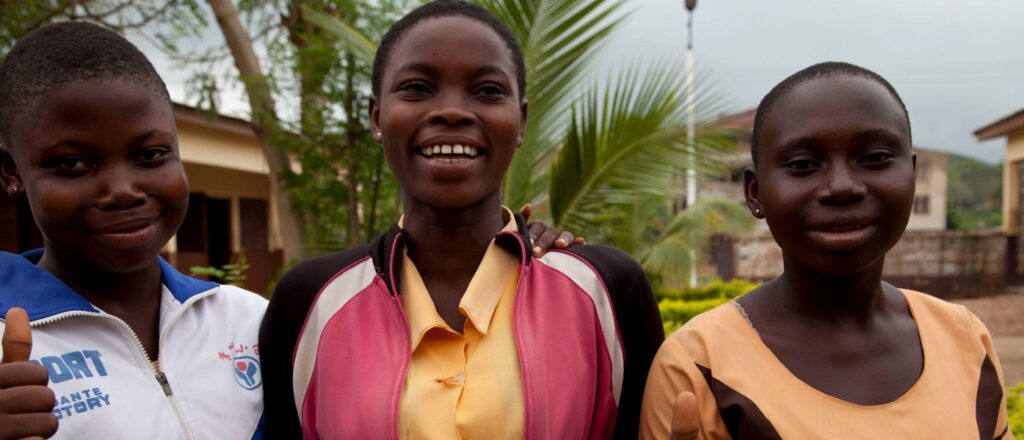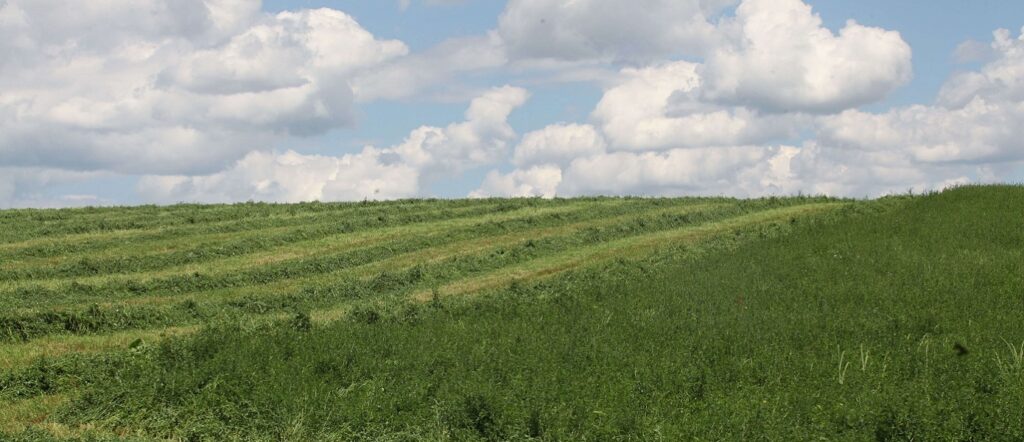In Focus Articles
Sustainable methods for making medicines
Purdue University researchers have received a $3 million grant from the National Science Foundation to help the pharmaceutical industry cost-effectively achieve zero waste in its manufacturing operations.
Read MoreImproving hellbender habitats
A $2.7 million grant is funding a Purdue-led partnership to improve Indiana’s only remaining habitat for hellbender salamanders — four counties in the south central region — by expanding the use of agricultural conservation practices to decrease sedimentation in local river systems.
Read MoreManaging family forests to fight climate change
Purdue University has received approximately $9 million of a $35 million project led by the American Forest Foundation and funded by the U.S. Department of Agriculture’s Partnership for Climate Smart Commodities to help family forest owners practice climate-smart forestry in Indiana and eight other states.
Read MoreEjeta named Presidential Fellow
Gebisa Ejeta, known worldwide for agricultural innovation and expertise in food economy, policy and security, has been named the Purdue University Presidential Fellow for Food Security and Sustainable Global Development.
Read MoreNatural Resources and Environmental Science turns 50
The Natural Resources and Environmental Science (NRES) program celebrates a half century of making the earth a better place on September 30 and October 1. Events include opportunities for networking, service and connecting with NRES friends across the decades.
Read MoreWhat consumers want
The Center for Food Demand Analysis and Sustainability (CFDAS), led by Jayson Lusk, head and distinguished professor of agricultural economics, launched its monthly Consumer Food Insights report in February, identifying trends and changes in consumer food purchases and preferences. Each month, CFDAS surveys 1,200 households from across the U.S., measuring food security and spending, consumer satisfaction and values, support of agricultural and food policies, and trust in information sources.
Read MoreCreating the “internet of small things”
Rovers patrol rows of crops and drones monitor from above on U.S. farms. But to realize the full potential of digital agriculture, these systems need to become much more efficient, scalable and resilient.
Read MoreBringing new foods and beverages to market
Taking a food or beverage from idea to commercialization involves many steps. The new Food Entrepreneurship and Manufacturing Institute (FEMI), housed in the Department of Food Science, aims to provide support along the way as entrepreneurs and companies venture to bring a product to market.
Read More
